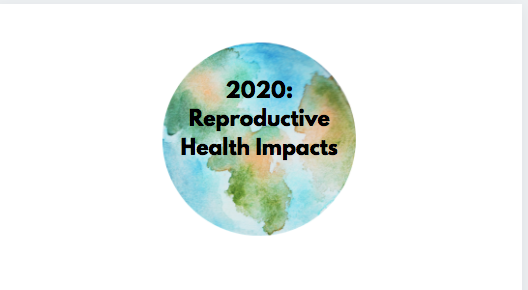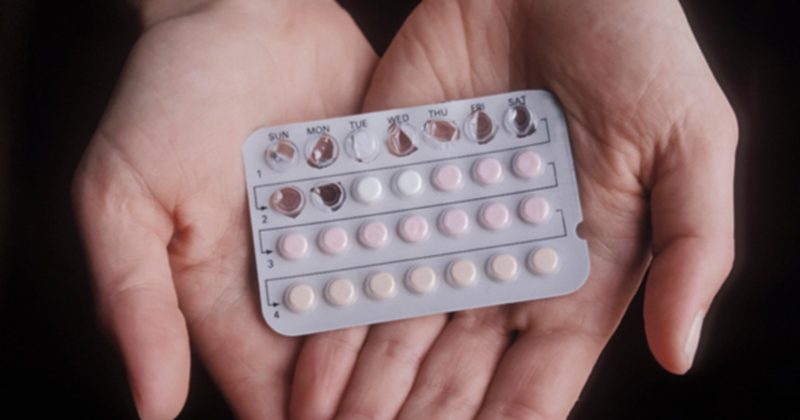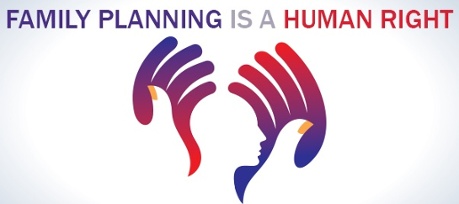
Abortion Rights, Global Aid, & COVID-19: How Do They all Tie Together?
Ethiopian health clinics supporting teenagers have been shut down. Decades worth of HIV care integration and family planning progress have completely unraveled in Kenya (Henderson, 2020). The duties of government workers dedicated to traveling the Himalayas to share health related information have been stopped (Henderson, 2020). These are some of the effects from the implementation of President Trump’s 2017 global aid policy, “Protecting Life in Global Health Assistance.” The “Protecting Life in Global Health Assistance,” also referred to as the “The Global Gag Rule,” has made lasting impacts under the Trump administration (Kaiser Family Foundation, 2020). This policy requires non-governmental organizations to refrain from using funds from U.S. and non-U.S. sources to promote or provide abortion care as a form of family planning (Kaiser Family Foundation, 2020). This policy is an extension of the Mexico City Policy which was first announced in 1984 at an international conference under President Reagan's administration and the policy has been in and out of effect...








